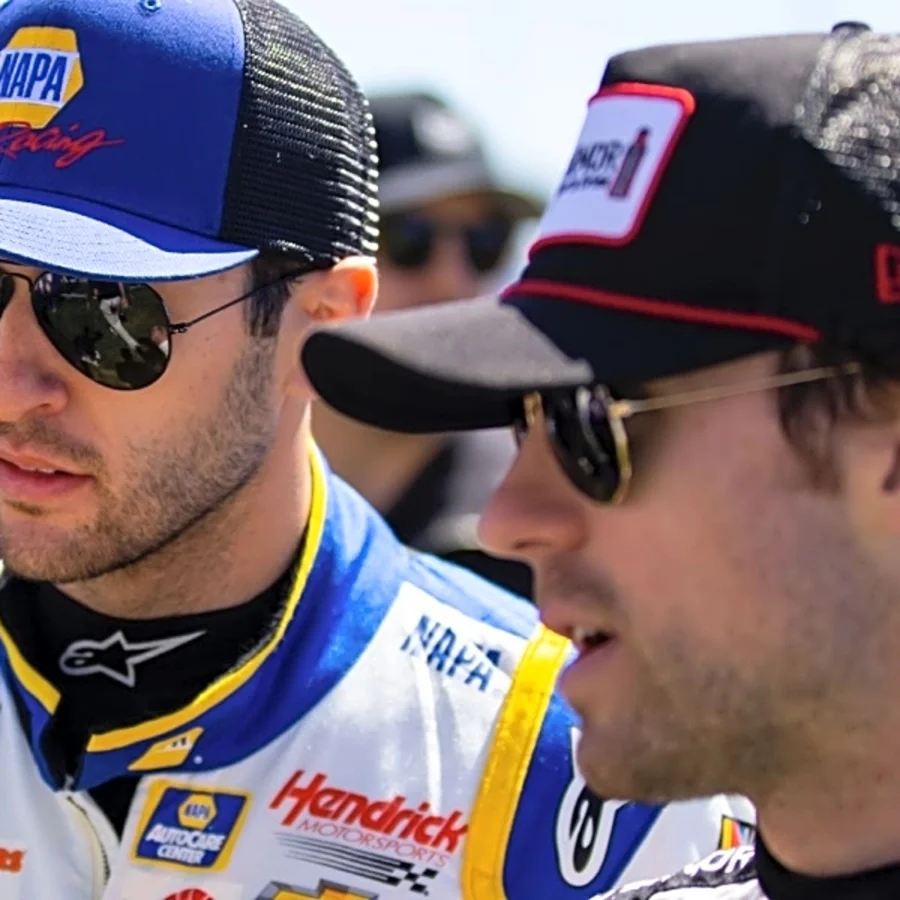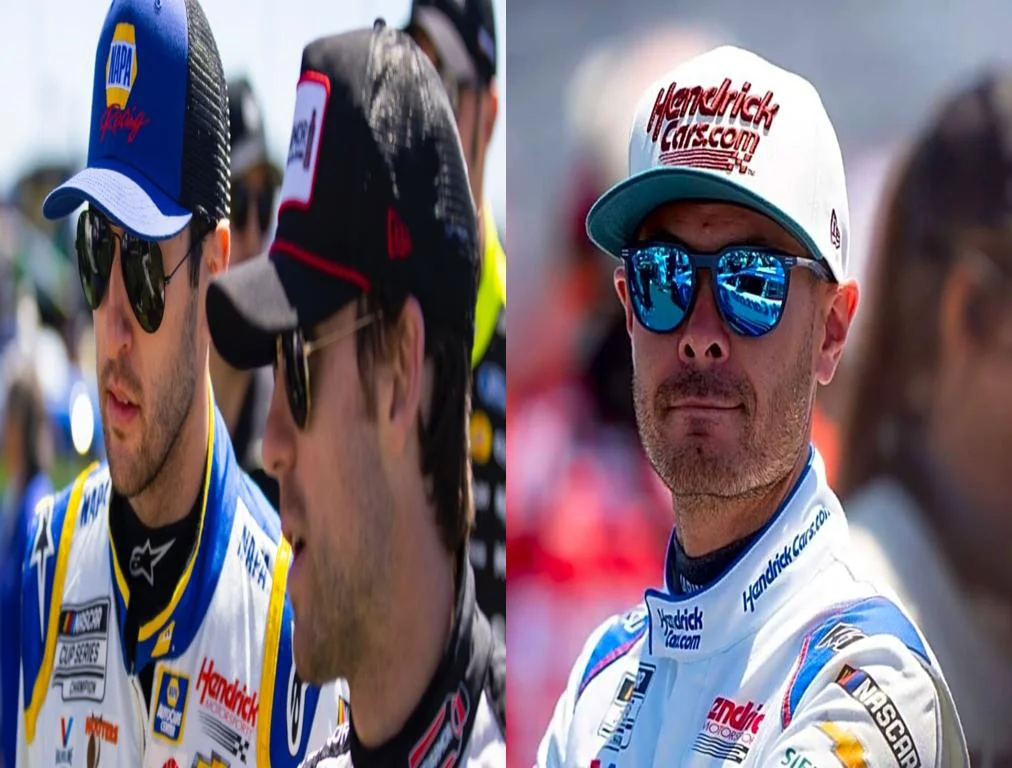Chase Elliott on increasing NASCAR demand took center stage recently, as the sport’s top driver outlined proposals to further energize fans and grow viewership worldwide. Speaking in the midst of NASCAR’s global outreach and an already robust 2025 season, Elliott offered insights into how scheduling changes and improved support for key team members could lift the entire sport.
Elliott’s Vision for Revitalizing NASCAR
NASCAR’s appeal continues to climb internationally, with fresh attempts to add races in new markets and attract a broader fanbase. Despite this growth, Chase Elliott—known for his consistent performances and impressive track record of nine playoff qualifications in ten years—believes there is room for improvement, particularly in the structure of the racing calendar.
This season, Elliott has been especially reliable, registering just a single DNF (Did Not Finish) and claiming his playoff spot. Yet concerns about the current playoff format and race schedule persist, with drivers voicing dissatisfaction about limited downtime. The 2025 regular season included only a single off weekend, leading to calls from within the paddock for change.
The Push for More Off-Weekends
A recurring theme among drivers has been the demanding nature of the NASCAR calendar, paired with critiques of the Next Gen cars’ unpredictability. Elliott has strongly advocated for increasing the number of off-weekends, arguing this adjustment would not only benefit drivers but also enhance the sport’s appeal to new fans and families.

Increasing the off-weekends for everyone, and I think it would be a win for everyone and make people hungrier for what we have and what we do. So I think it’ll be a healthy thing.
—Chase Elliott, NASCAR Driver
He emphasized that building in more breaks would give drivers time with their loved ones and recharge, while making the absence of racing raise anticipation and passion among supporters. Elliott described such a plan as “healthy” for both the drivers and the overall landscape of NASCAR.
Saluting the Unsung Heroes: Truck Drivers and Haulers
A key point from Elliott’s recent commentary was his recognition of the challenges faced by those behind the scenes—particularly the truck drivers tasked with moving team equipment from race to race. NASCAR’s American base means the logistics involve lengthy overland journeys, a fact made starkly clear during events like the Mexico Cup Race, requiring cross-continental hauls.
Elliott took a moment to recognize these efforts, recounting the immense distance from Mexico City to Pocono—spanning over 2,500 miles—as an example of the punishing schedules endured by these drivers. He expressed genuine sympathy and gratitude for their essential contributions, often overlooked amidst the excitement of on-track action.
Like the truck drivers and the guys that are on the road constantly. I think that would definitely be a really tough spot. I give those guys a lot of credit, like that whole Mexico City to Pocono (2,528 miles) deal this year was just incredible. I felt terrible for what they had to endure to make those shows go on. And they are the reason the show does go on, and I think that’s always important to remember.
—Chase Elliott, NASCAR Driver
His statements underscored the value of these “unsung heroes” who keep the logistics operations running smoothly so that the sport can continue to expand and entertain millions.
Looking Ahead: Competition, Critique, and Future Changes
The current NASCAR season has reached a new peak in terms of intensity and competitiveness, with fan attention now turning to the highly anticipated playoffs. As the debate over race formats and team welfare continues, feedback from notable figures like Chase Elliott is likely to inform future adjustments within the organization.
Names such as Kyle Larson, Tony Ferguson, and Max Verstappen remain at the fore of motorsports discussions, while NASCAR’s willingness to listen to its athletes’ concerns may soon prompt further innovation. Elliott’s passionate perspective on increasing NASCAR demand by improving the racing calendar and supporting essential personnel offers a blueprint that could influence both the experience for drivers and excitement among fans worldwide.
